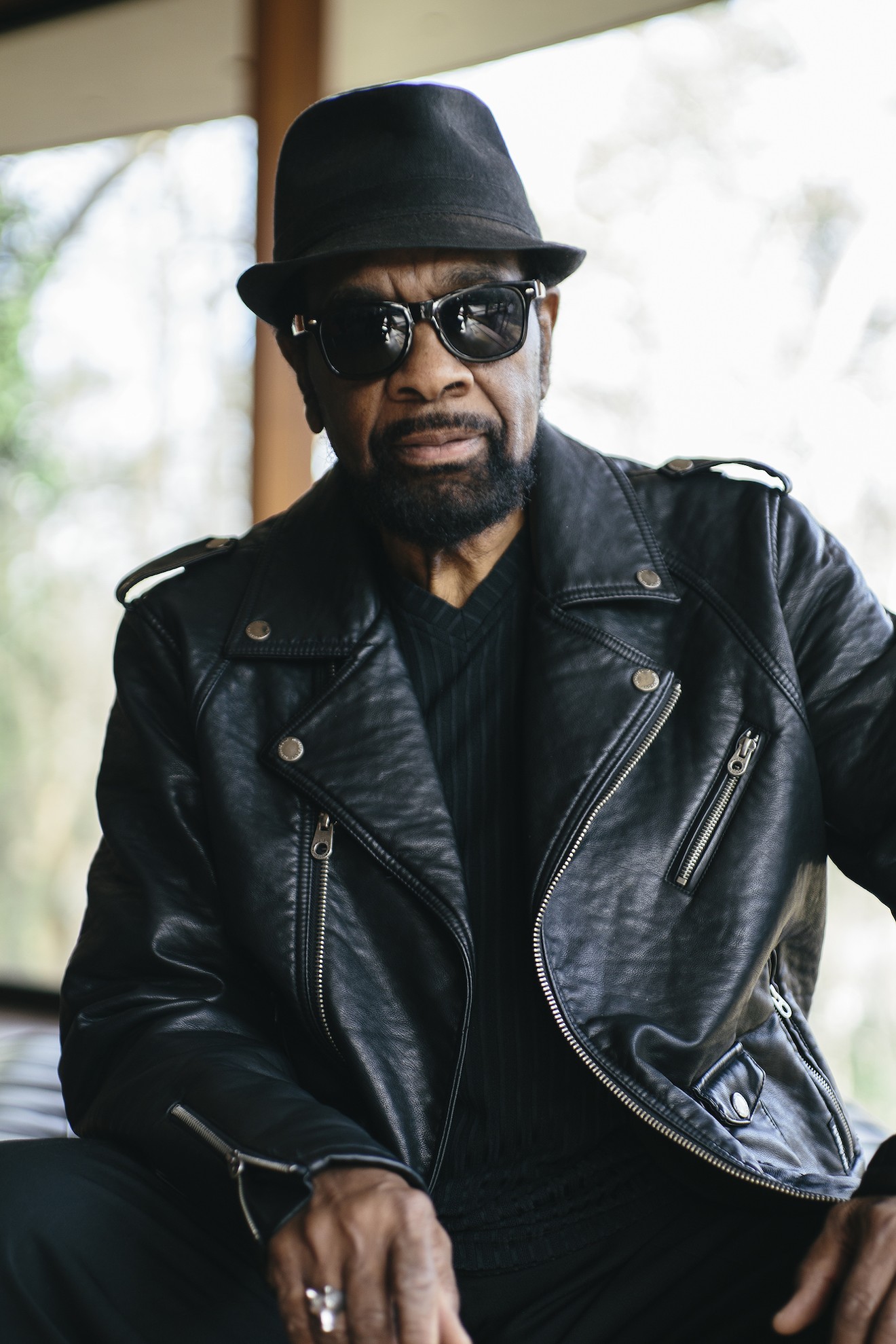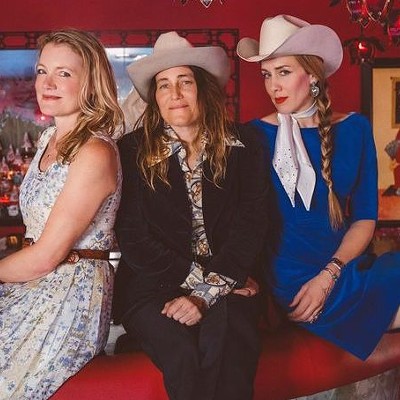Written by singer William Bell and keyboardist Booker T. Jones specifically for their Stax Records labelmate Albert King to record, “Born Under a Bad Sign” has certainly become a blues standard.
King’s original 1967 version of the creeping, doom-laden tune about a man who “if it wasn’t for bad luck, wouldn’t have no luck at all” is arguably the best rendition. But it was also a huge hit for blues-rockers Cream and been covered by a wide range of acts including Jimi Hendrix, Koko Taylor, Paul Butterfield, Buddy Guy, Rita Coolidge and…Homer Simpson?
That’s right, animated America’s most dysfunctional father cut his own version of the song on 1990’s The Simpsons Sing the Blues album. And Bell couldn’t have been prouder.
“I loved it! I was a big fan of The Simpsons, and I knew that’s when I really made it, when Homer did my song!" enthuses Bell, whose Zodiac sign is Cancer. “It was the ‘60s, so all of that [astrology] was in vogue, so I had an interest. I had part of the song and had to complete it, so Booker T. and I sat up all night and finished it. Albert recorded it the very next day.” The song has been performed from the Royal Albert Hall to dingy clubs in New Orleans.
Bell himself re-recorded his own version for his 2016 album This is Where I Live, which won a Grammy this year for Best Americana Record. That and a featured role in the documentary on Memphis's music history and contemporary scene Take Me to the River has led to a huge career resurgence for the now 78-year-old.
While “Born Under a Bad Sign” is his biggest legacy, it’s not the only heavy hitter in Bell's catalog. He has also written, co-written or performed soul and blues treasures like “You Don’t Miss Your Water,” “I Forgot to Be Your Lover,” “Tryin’ to Love Two” and “Any Other Way.”
He’ll likely perform most of those on the upcoming “Take Me to the River” Tour that will make a stop at Miller Outdoor Theatre for a free show on Saturday. Joining Bell on the bill are three generations of Memphis musicians: fellow legends singer/guitarist Bobby Rush and harmonica player Charlie Musselwhite, along with contemporary rap/R&B artist Frayser Boy and Al Kapone, all backed by the Hi Records Rhythm Section and Stax Academy Alumni.
Bell’s own musical story began at age seven, when he started singing in his family’s local Memphis church, graduating to nightclubs on the city’s famed Beale Street only a few years later. As a teen, he formed a vocal group called the Del-Rios. They later sang background on the early Stax Records “Gee-Whiz” by Carla Thomas, the label’s first big R&B hit in 1960.
“Even as a youngster, it was a godsend to be able to go to Stax and see Jim [Stewart] and Estelle [Axton, siblings and owners]. They opened their arms to us and if anybody had a talent, they could come in and hone their craft. And that was during the staunch segregation years!” Bell recalls.
He adds that there was real racial harmony at “Soulsville,” located at 926 East McLemore Avenue, the famous address where Stax had its recording studio and offices, and where Axton would play the latest hits on outdoor loudspeakers at the adjoining Satellite Records Shop. She would relentlessly pick the brains of local teens like Bell as to what they liked and didn’t like. For Bell and his friends – who couldn’t afford their own records – it was a great way to keep up with the latest sounds.
“By them being white and us kids for the neighborhood being black, we developed both a company and a family atmosphere of mixed races. We didn’t care about color of skin or gender. It’s what you had with creativity that you could bring to the table. And instead of hanging around with gangbangers, we hung around musicians.”
Bell was signed to a contact as a songwriter but – like fellow Stax scribe Isaac Hayes and David Porter – soon began performing as well.
Memphis, of course, is arguably the U.S. city with the richest musical history of all. Home not only to Stax, with its artists like Otis Redding, Sam and Dave, Booker T and the MGs, and Isaac Hayes, but also to Royal Studios for Hi Records (whose biggest star was Al Green), and all the one-name-only-needed rockabilly and country cats at Sun (Elvis, Jerry Lee, Johnny, Carl).
Bell remembers that players from all three labels would regularly run into each other at sessions and gigs. He in particular recalls Elvis coming to see the Del-Rios at the Flamingo Room and also attend black churches in the area.
“At Stax, we knew we were doing something we loved. But we didn’t know it would last that long and travel around the world like it has,” he says. “It’s a joy to be passing the torch on and working with a new generation of artists. It keeps the music alive and teaches youngsters the origin of it with both the documentary and this tour. Hip-hop and rap and blues and soul. It’s all the same story.”
The “Take Me to the River” Revue washes over Miller Outdoor Theatre, 6000 Hermann Park Drive, at 8 p.m. Saturday, September 30. Free.
Support Us
Houston's independent source of
local news and culture
account
- Welcome,
Insider - Login
- My Account
- My Newsletters
- Contribute
- Contact Us
- Sign out

At 78, William Bell is still one black-clad bad mofo.
Photo by David McClister/Courtesy of Shore Fire Media
[
{
"name": "Related Stories / Support Us Combo",
"component": "11591218",
"insertPoint": "4",
"requiredCountToDisplay": "4"
},{
"name": "Air - Billboard - Inline Content",
"component": "11591214",
"insertPoint": "2/3",
"requiredCountToDisplay": "7"
},{
"name": "R1 - Beta - Mobile Only",
"component": "12287027",
"insertPoint": "8",
"requiredCountToDisplay": "8"
},{
"name": "Air - MediumRectangle - Inline Content - Mobile Display Size 2",
"component": "11591215",
"insertPoint": "12",
"requiredCountToDisplay": "12"
},{
"name": "Air - MediumRectangle - Inline Content - Mobile Display Size 2",
"component": "11591215",
"insertPoint": "4th",
"startingPoint": "16",
"requiredCountToDisplay": "12"
}
,{
"name": "RevContent - In Article",
"component": "12527128",
"insertPoint": "3/5",
"requiredCountToDisplay": "5"
}
]
KEEP THE HOUSTON PRESS FREE...
Since we started the Houston Press, it has been defined as the free, independent voice of Houston, and we'd like to keep it that way. With local media under siege, it's more important than ever for us to rally support behind funding our local journalism. You can help by participating in our "I Support" program, allowing us to keep offering readers access to our incisive coverage of local news, food and culture with no paywalls.
Bob Ruggiero has been writing about music, books, visual arts and entertainment for the Houston Press since 1997, with an emphasis on classic rock. He used to have an incredible and luxurious mullet in college as well. He is the author of the band biography Slippin’ Out of Darkness: The Story of WAR.
Contact:
Bob Ruggiero
Trending Music
- Top 10 Butt-Rock Bands of All Time
- An OG Beatles Fan Proves She Loved Them—Yeah, Yeah, Yeah!
- Houston Concert Watch 4/24: Rolling Stones, Bad Bunny and More
-
Sponsored Content From: [%sponsoredBy%]
[%title%]

Don't Miss Out
SIGN UP for the latest
Music
news, free stuff and more!
Become a member to support the independent voice of Houston
and help keep the future of the Houston Press FREE
Use of this website constitutes acceptance of our
terms of use,
our cookies policy, and our
privacy policy
The Houston Press may earn a portion of sales from products & services purchased through links on our site from our
affiliate partners.
©2024
Houston Press, LP. All rights reserved.






